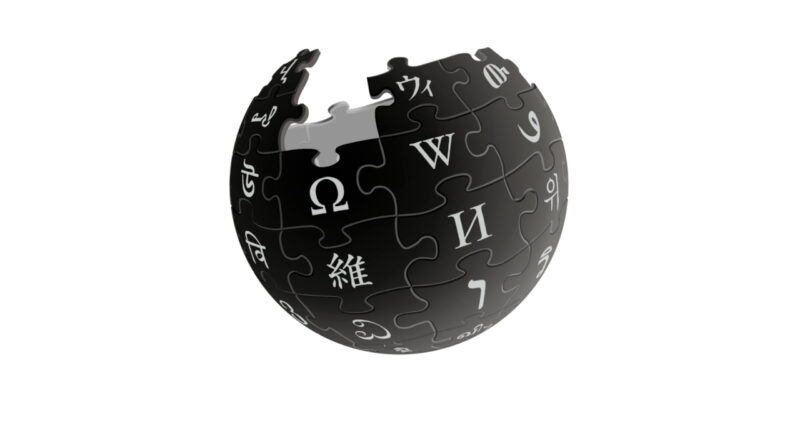Wikipedia experienced an eight per cent decline in human pageviews compared to the same period in 2024, as search engines increasingly provide AI-generated answers directly to users rather than linking to the site, reports the Wikimedia Foundation.
The decline emerged after the Foundation updated its bot detection systems in May 2025, following unusually high traffic from Brazil that proved to be sophisticated bots built to evade detection. The revised classification of traffic data from March to August 2025 revealed a decrease in genuine human visits.
Search engines now use generative AI to answer questions directly, whilst younger generations seek information on social video platforms rather than visiting websites. The Foundation said many publishers and content platforms are reporting similar shifts as users spend more time on search engines, AI chatbots and social media.
The most valuable datasets
Wikipedia remains among the most valuable datasets for these new knowledge formats. Almost all large language models train on Wikipedia datasets, and search engines and social media platforms prioritise their information to respond to user questions. The Foundation said people are reading content created by Wikimedia volunteers across the internet, even if they don’t visit wikipedia.org directly.
Marshall Miller, writing for the Wikimedia Foundation, said platforms using Wikipedia content must encourage more visitors to the site so that free knowledge can continue to flow sustainably. “With fewer visits to Wikipedia, fewer volunteers may grow and enrich the content, and fewer individual donors may support this work,” Miller wrote.
The Foundation is enforcing policies on how third parties access Wikipedia content at scale, developing attribution frameworks and building technical capabilities through Wikimedia Enterprise. New reader teams are bringing experimental approaches to how people find and read Wikipedia, whilst the Future Audiences project experiments with bringing free knowledge to younger audiences on platforms including YouTube, TikTok, Roblox and Instagram.
The Foundation said Wikipedia continues to remain highly trusted and valued as a neutral, accurate source of information globally, as measured by large-scale surveys.











